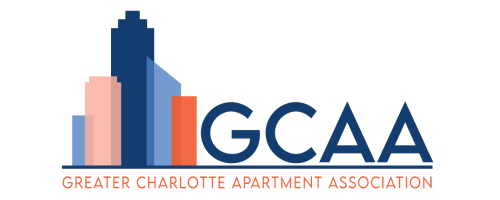Guidance to Owner-Operators in Light of Evictions Moratorium
At GCAA, we’re working to provide you with the most accurate and up-to-date information from all government sources.
As you likely know, bars and restaurants are now closed to dine-in eating, putting pressure on many different aspects of daily life in the United States.
On March 16th, the Chief Justice of North Carolina issued an order halting all in-person proceedings including evictions and foreclosures. Click here to read the full order memo. The order had the following effect for at least the next 30 days:
- In-person meetings must be postponed or cancelled to the fullest extent possible.
- When cases or hearings cannot be postponed for the next 30 days, remote technologies should be utilized as authorized by law and to the fullest extent possible.
- Matters before the clerk, such as foreclosures and other special proceedings, must be postponed.
In addition to the state of North Carolina, South Carolina's courts have passed eviction moratoriums which simply state:
Pursuant to provisions of Article V, Section 4 of the South Carolina Constitution,
IT IS ORDERED that all evictions currently ordered and scheduled statewide from March 17, 2020, through March 31, 2020, shall be rescheduled for a date not earlier than May 1, 2020. However, case-by-case exceptions for evictions may be made for matters that involve essential services and/or harm to person or property.
These limitations and the likelihood of other jurisdictions implementing similar moratoriums require housing providers to remain proactive in communicating with residents.
We are making the following recommendations to members related to Coronavirus:
- Ask residents to contact your leasing teams if they will not be able to make rent and provide resources to residents to supplement their income or seek additional financial resources that may be available in the community (the City, Foundation for the Carolinas and the United Way are currently fundraising to provide resources to residents who cannot pay their rent or mortgages).
- Work with residents to pay their rent, whether that is a payment plan or another method.
- Remind residents they remain responsible to pay their rent and if they’ve been laid off from their employer, provide resources to them such as unemployment insurance and worker's compensation. Resist the urge to send "strongly" worded or "forceful" language in letters that could be sent to media outlets and used to besmirch you/your company in the future.
- Waive late fees that have accrued in March 2020, or will accrue in the next couple of months.
The GCAA continues to work at the local level and partners with the Apartment Association of North Carolina and National Apartment Association at the state and federal levels to increase funding to emergency rental assistance programs and provide other financial relief to housing providers who may experience the downstream effects this virus has on everyone in the United States.
In the meantime, we recommend that owners and owner-entities contact their mortgage bankers to understand better the opportunities available to mortgagees.
At this time, we do not know the breadth or extent of the Coronavirus limitations on the economy and on society and are continuing to have discussions with federal, state and local officials.
